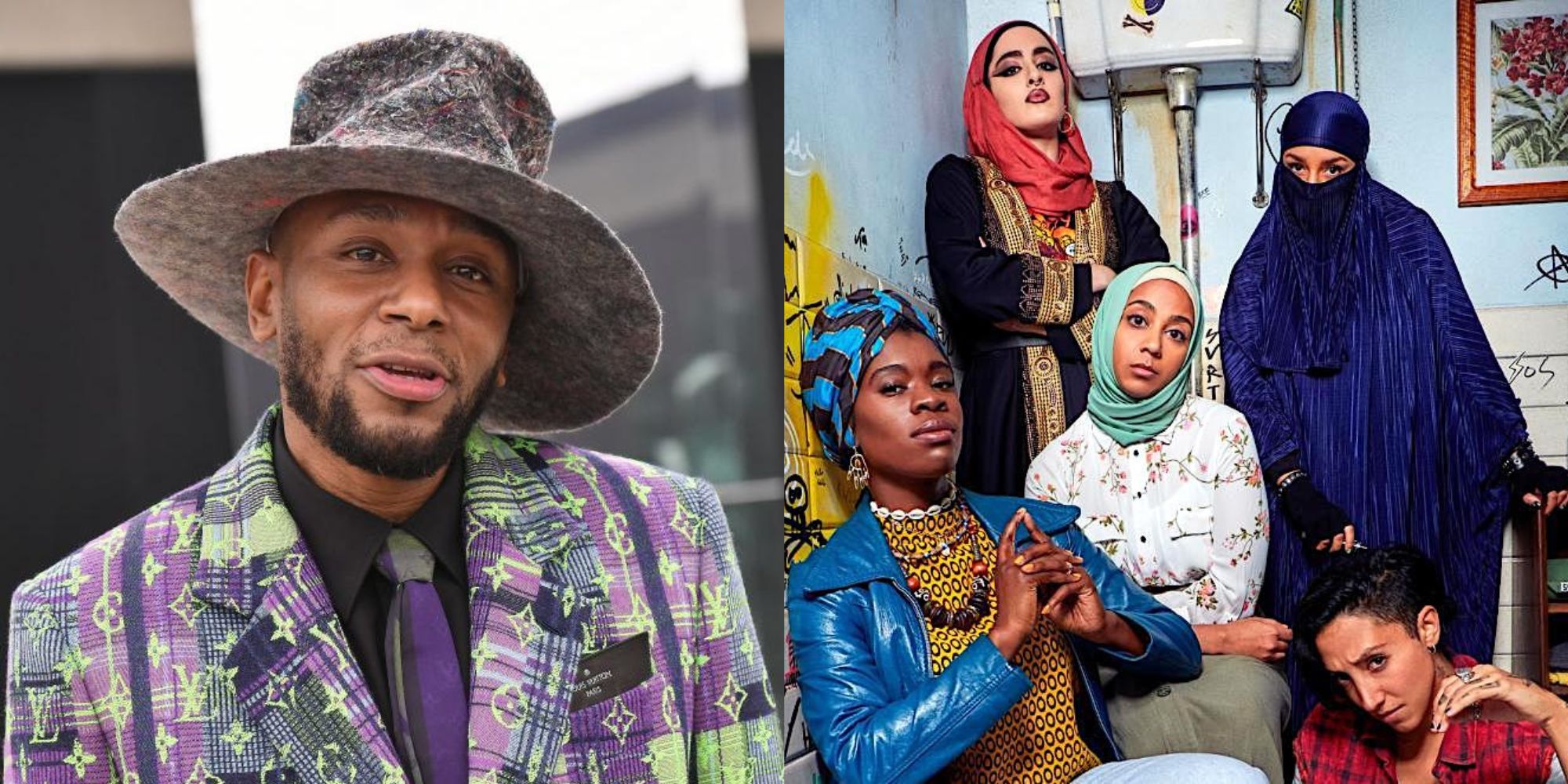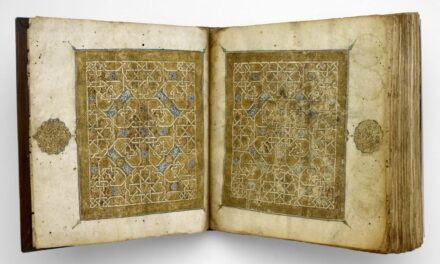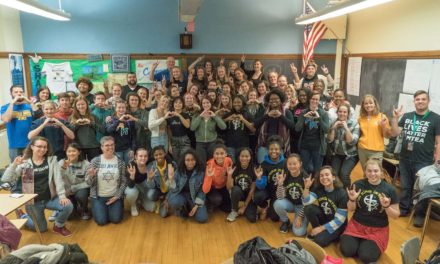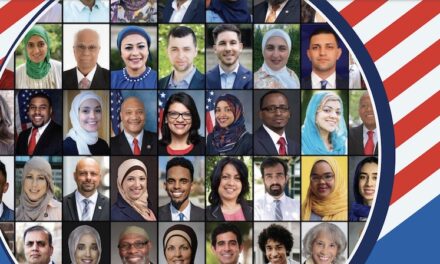For decades, Black Muslims have been largely underrepresented—or misrepresented—in mainstream media and pop culture.
Despite their deep historical presence in the United States, they have often been portrayed through negative stereotypes, if at all.
However, in recent years, Black Muslim artists, writers and entertainers have taken control of their own narratives, offering more authentic representations while challenging long-held misconceptions.
From hip-hop’s deep ties to Islam to the emergence of Black Muslim filmmakers and authors, these voices are reshaping cultural landscapes.
Yet, challenges remain, including industry barriers, double marginalization, and a lack of widespread recognition.
Hollywood has long misrepresented both Black and Muslim communities, often portraying them as radicals, criminals, or villains.
Black Muslims, who exist at the intersection between both these minorities, have been particularly vulnerable to stereotyping and erasure.
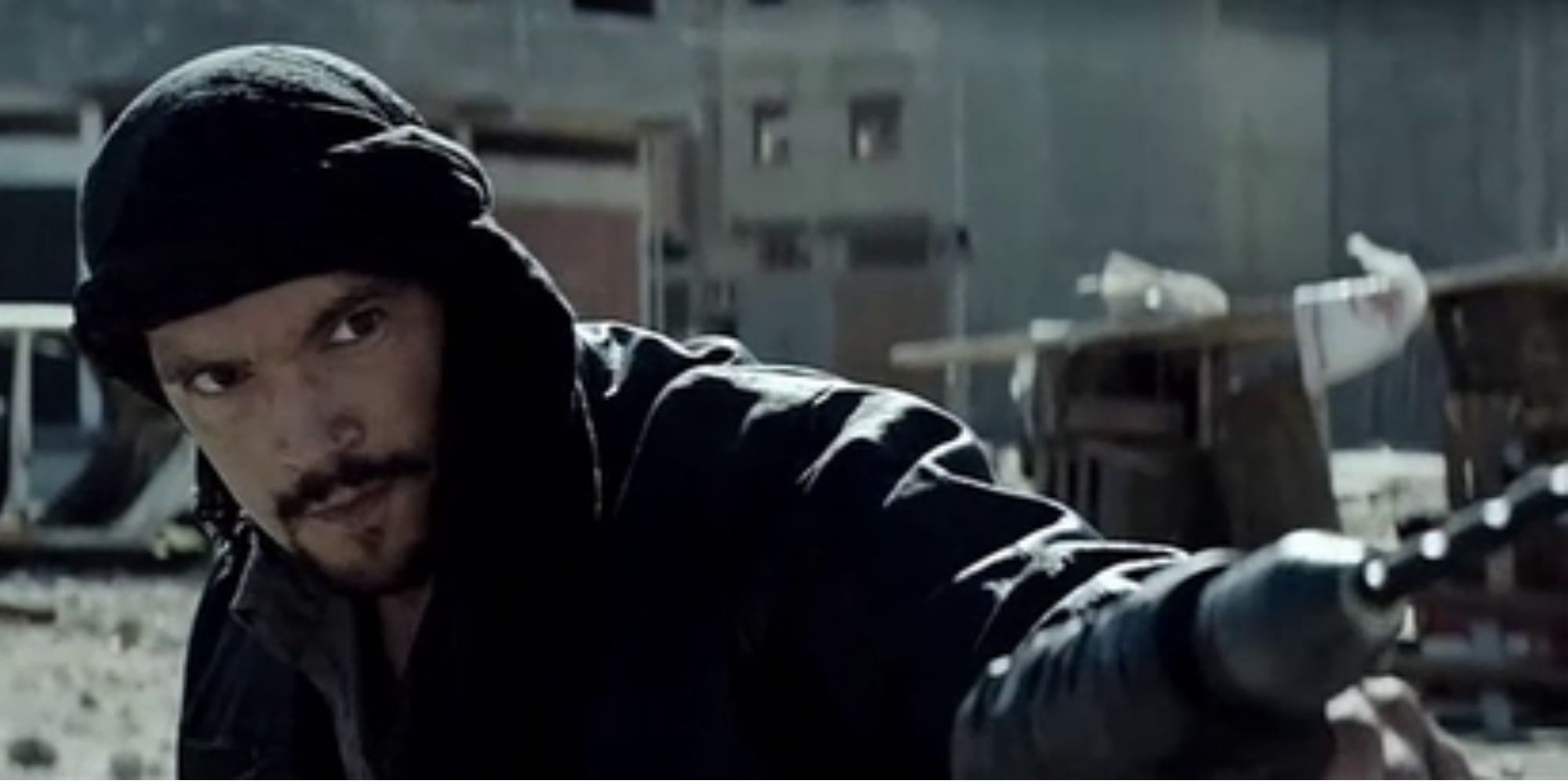
The release of the film American Sniper led to an increase in threats against Muslims in the US, and the film faced backlash for its controversial and harmful portrayal of Muslims and Arabs
In films like American Sniper, Muslim characters are often depicted as extremists, which reinforces harmful perceptions of Islam.
Meanwhile, in movies like New Jack City, Black Muslims are sometimes portrayed as militant figures with little complexity or depth.
Even when the Nation of Islam (NOI) is referenced in mainstream media, the focus tends to selectively focus on controversy rather than its impact on Black empowerment.
Another challenge Black Muslims face in media is the frequent separation of Blackness and Muslim identity.
Many mainstream depictions of Muslims default to Middle Eastern or South Asian characters, disregarding the fact that a significant portion of the Muslim population in the U.S. is Black.
This diminishes their visibility and influence, almost a form of cultural erasure.
Despite these challenges, Black Muslims have made significant contributions to pop culture, particularly in hip-hop.
Many of the genre’s pioneers were influenced by Islam, including members of the Nation of Islam and the Five-Percent Nation.
Artists like Yasiin Bey, formerly known as Mos Def, have incorporated Islamic themes into their music.
He blends spirituality with a message of resilience in his song Umi Says, reflecting his faith and activism.
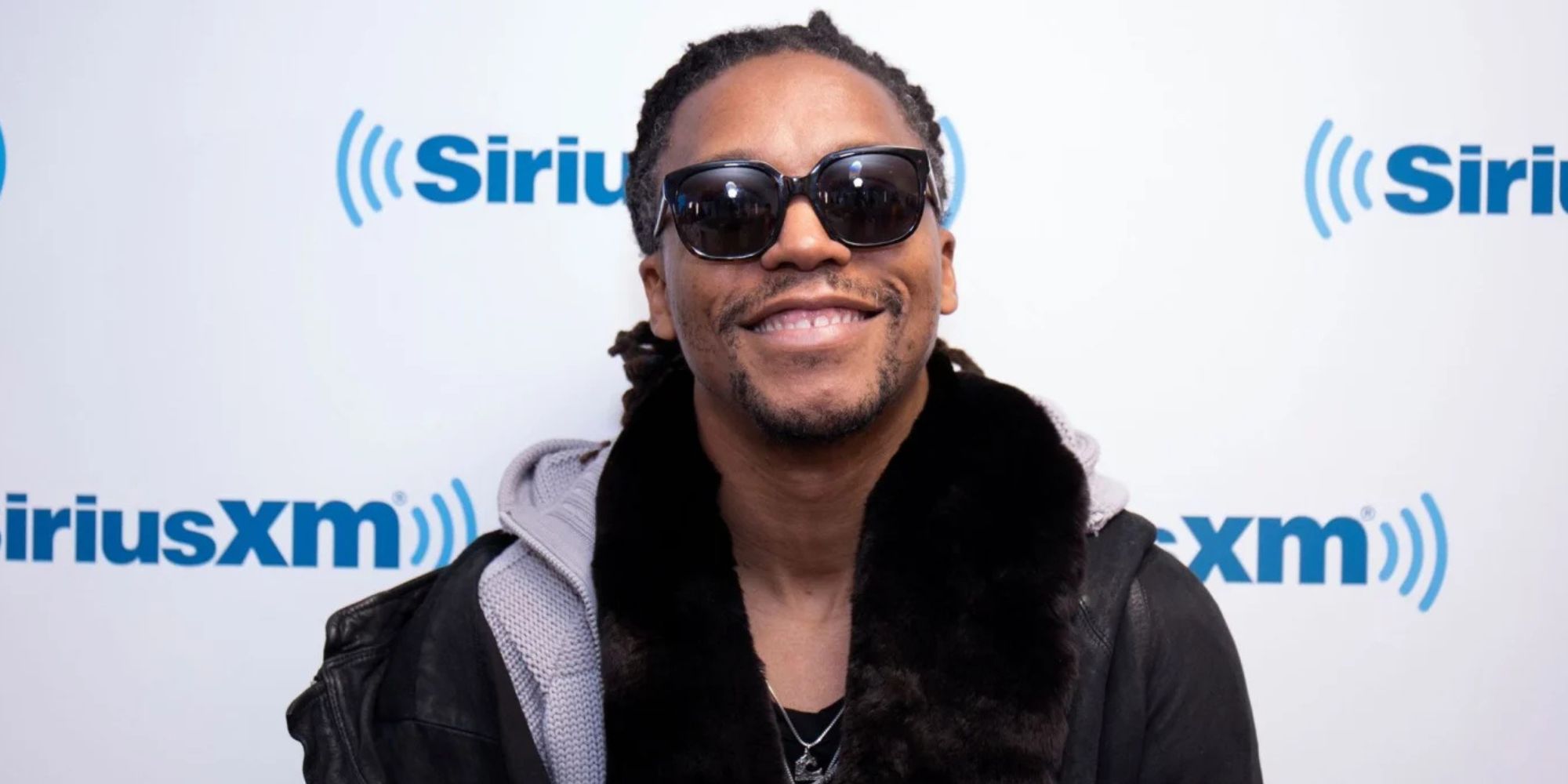
Lupe Fiasco, a Muslim rapper who doesn’t shy away from topics related to being both Black and Muslim.
His song Muhammad Walks, a remix of Kanye West’s Jesus Walks, openly celebrates his faith while addressing issues affecting Black and Muslim communities.
Brother Ali, another influential rapper, has also tackled faith and social justice themes.
His music speaks to issues of police brutality, systemic racism and personal identity, often tying them back to his experiences as a Black Muslim.
These artists, among others, have helped shape hip-hop as a genre deeply intertwined with faith and identity.
Beyond music, Black Muslim writers and authors have also pushed to bring more nuanced narratives to the forefront.
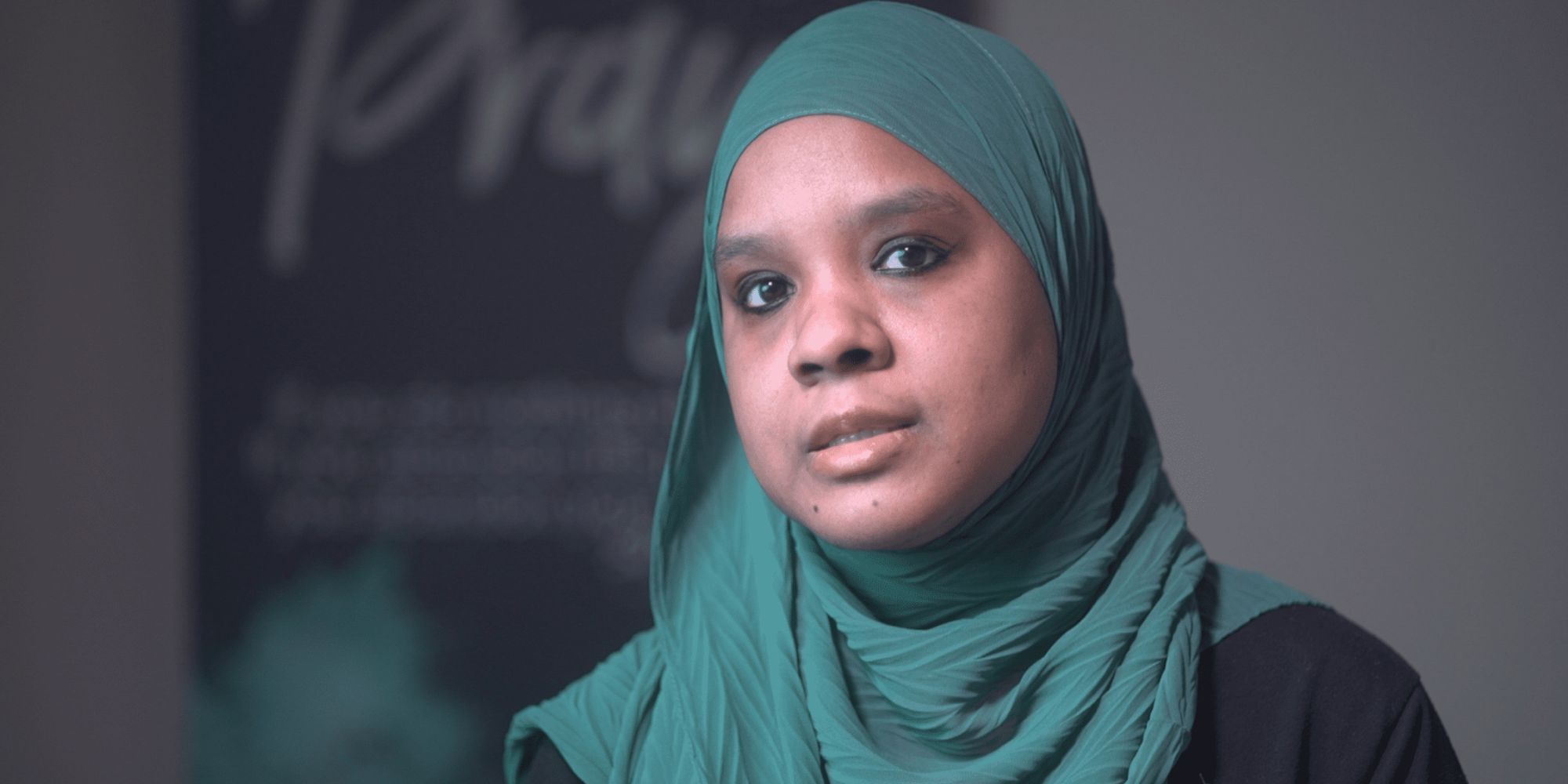
Umm Zakiyyah, an award-winning Black Muslim author
Her novels explore themes of identity, faith, and interracial relationships within Muslim communities, providing representation that is often missing in mainstream literature.
Layla Abdullah-Poulos has been a vocal advocate for diversity in fiction, particularly within the romance genre.
She has highlighted the need for more inclusive storytelling that accurately reflects the diversity within the Muslim community through her writing and academic work.
work to explore themes of race, faith and mental health.
Her poetry and illustrations offer a personal yet universal perspective on the challenges Black Muslims face today.
Additionally, in recent years, there has been a slow but noticeable shift in how Black Muslims are portrayed on screen.
Shows like Ramy on Hulu, while primarily centered on an Egyptian American Muslim, have included Black Muslim characters, offering a more diverse portrayal of the Muslim experience.
However, the show has also faced criticism for focusing largely on Arab Muslim narratives while sidelining Black Muslims.
We Are Lady Parts, a Peacock series about an all-female Muslim punk band, has been praised for its authentic and diverse representation of Muslim women, including Black Muslim characters.
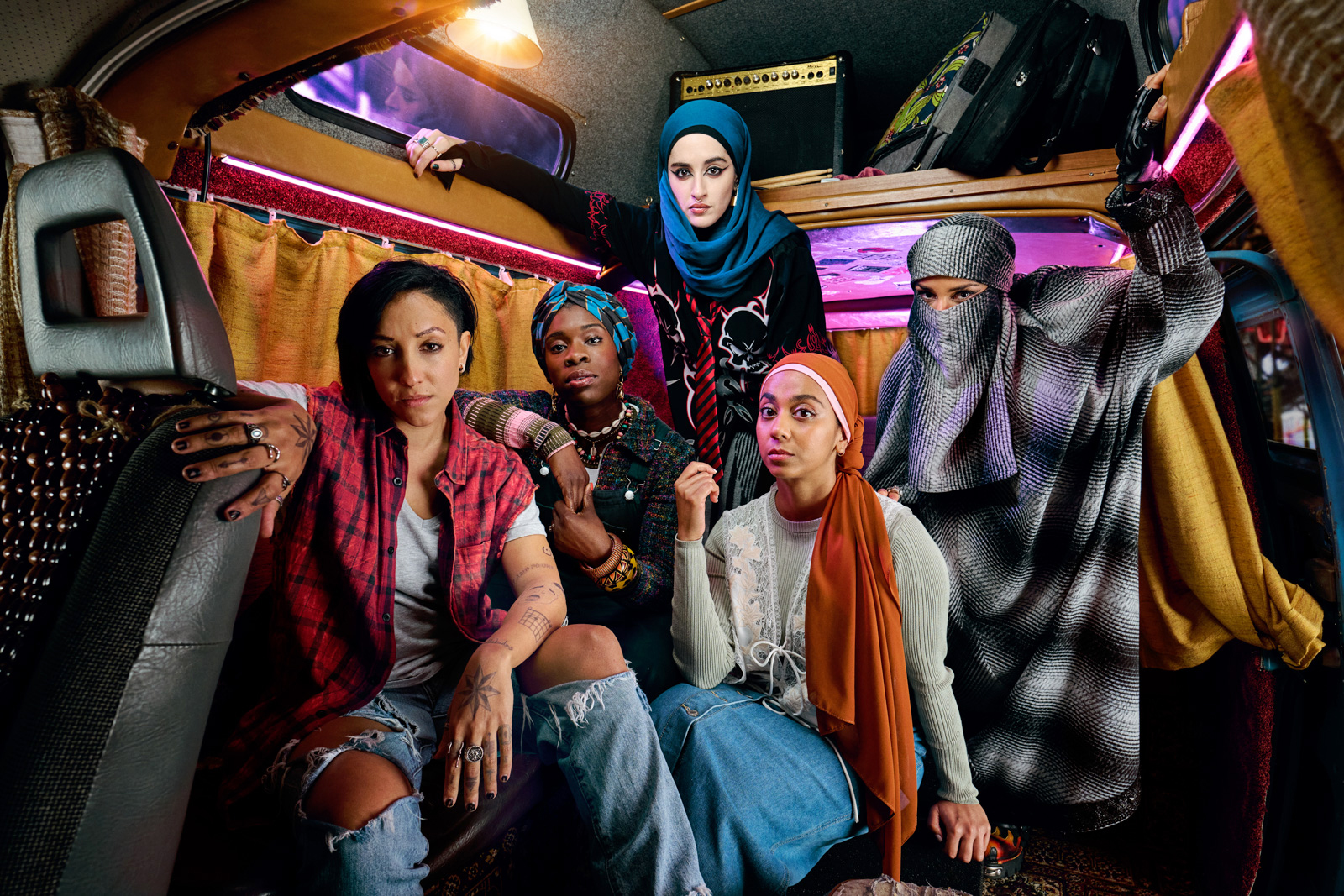
The diverse Muslim women of We Are Lady Parts
The show challenges stereotypes by presenting Muslim women as funny, rebellious, and complex—far from the one-dimensional portrayals often seen in mainstream media.
Independent filmmakers have also played a crucial role in expanding representation.
Nijla Mu’min’s film Jinn explores the coming-of-age story of a Black Muslim teen navigating her identity, while Muta’Ali’s documentary Life’s Essentials with Ruby Dee highlights the legacy of Black Muslim figures in entertainment.
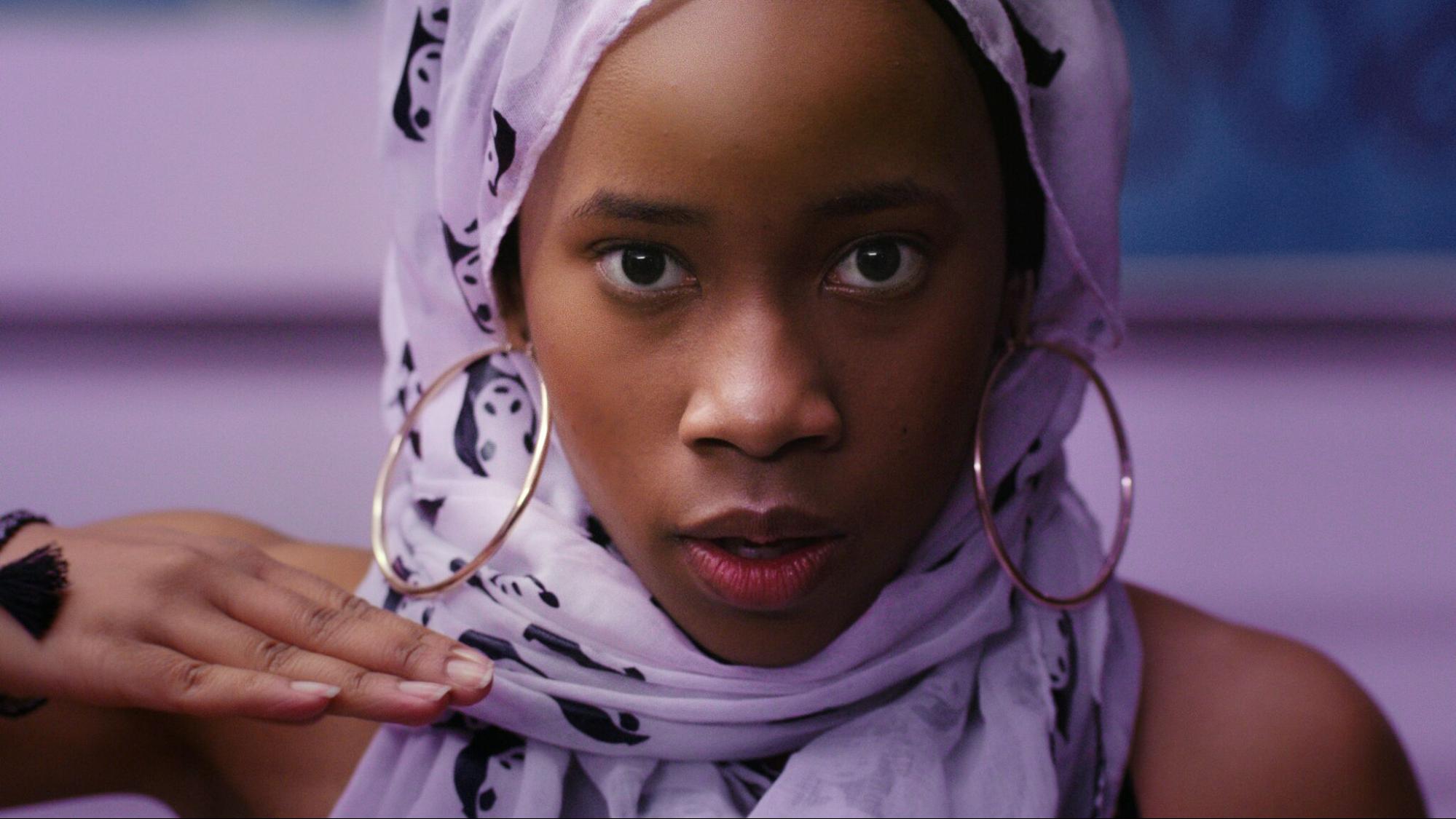
A still from Nijla Mu’min’s film Jinn, which received several awards and garnered great recognition
These projects demonstrate the power of storytelling when Black Muslims are given the space to share their own narratives.
While progress is being made, challenges remain, such as Black Muslim creators struggling to secure funding and mainstream recognition for their work and an entertainment industry with predominantly white decision-makers that is slow to embrace diverse Muslim narratives.
However, the rise of social media has allowed Black Muslims to take control of their own stories.
Platforms like YouTube, TikTok, and Instagram have provided new opportunities for Black Muslim creators to share their experiences without relying on traditional media outlets.
Influencers, comedians, and activists are using these platforms to challenge misconceptions and build communities that celebrate Black Muslim identity.
Through music, literature, film, and digital platforms, Black Muslim creators are pushing back against these narratives and claiming space in the cultural landscape.
As more Black Muslim voices emerge in entertainment and media, the hope is that future generations will see themselves reflected in stories that are accurate, diverse, and empowering.
The movement toward authentic representation is ongoing, but the foundation has been laid, and Black Muslims are ensuring that their voices will not be ignored.
